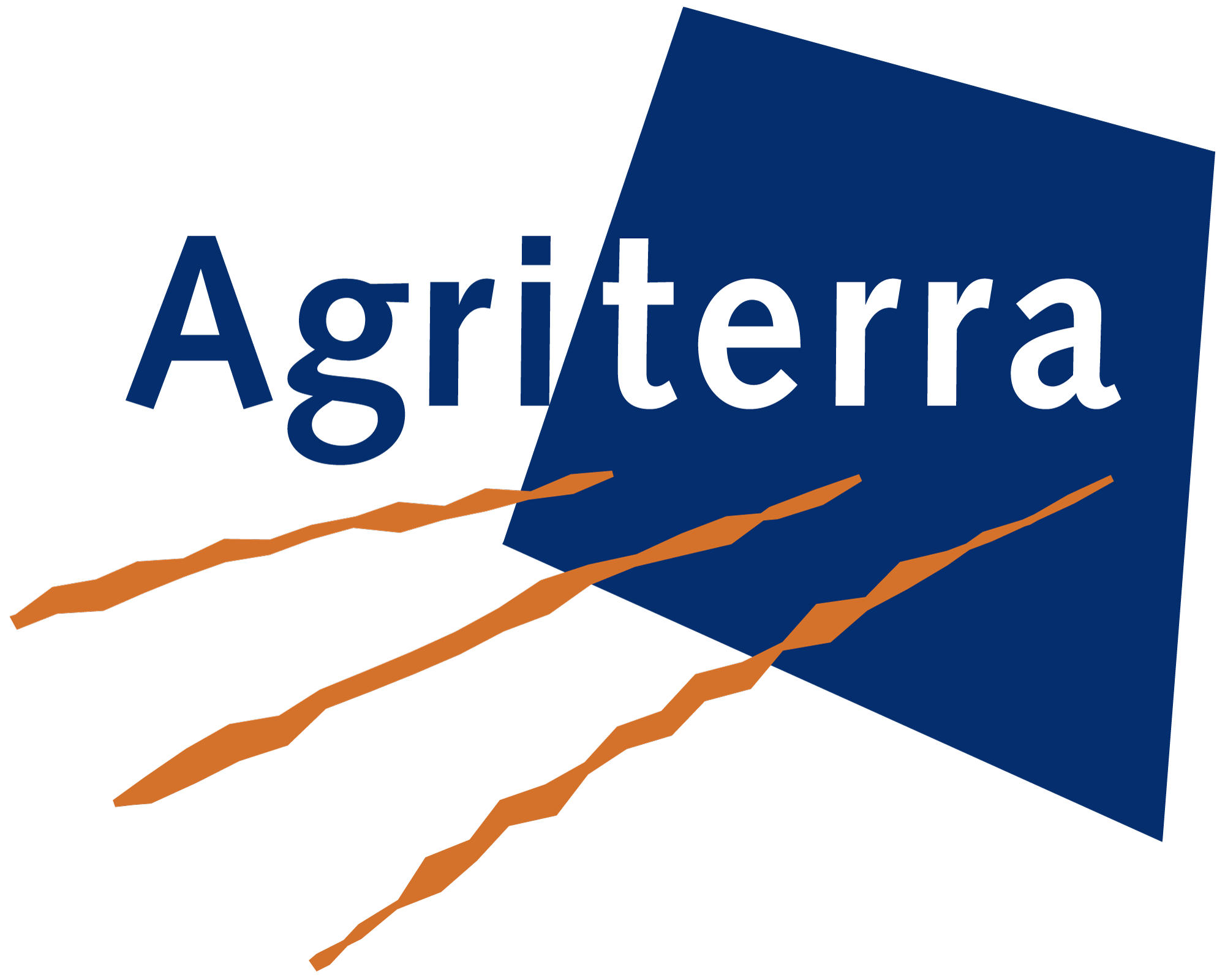In developing countries many people live and work in rural areas. They play a crucial role in solving the problems of hunger and poverty. If they do not manage to organise themselves, they will remain powerless on a political level and will be economically disadvantaged. Agriterra’s work is based on the conviction that if they organise themselves, they will be able to take the responsibility of their development into their own hands. Strong and representative agricultural organisations are indispensable for the promotion of democracy, for a better distribution of income and for the economic development of a country.
Agriterra was founded in 1997 by the following Dutch rural people’s organisations:
- LTO Noord, ZLTO and LLTB (united in LTO Nederland, the Dutch Federation of Agriculture and Horticulture)
- the Dutch Foundation of Cooperating Women's Organisations (SSVO)
- the National Cooperative Council for Agriculture and Horticulture (NCR)
- the Dutch Agricultural Youth Organisation (NAJK).
These organisations make up the Board and the Advisory Council of Agriterra. Agriterra’s offices are located in Arnhem, where its personnel of more than forty people work.
All in all, Agriterra works together with approximately 80 rural people’s organisations in Latin America, Africa, Asia and Central and Eastern Europe, as well as with approximately 30 organisations in the Netherlands.
Our projects range from rural-tourism, the improvement of potato production, and the establishment of farmers credit banks to the penetration of new products in the market or of existing products in new markets.
Members:
Resources
Displaying 21 - 21 of 21Horticulture centre of expertise Zimbabwe
General
The Netherlands has always remained one of the top export destinations of horticultural produce from Zimbabwe. In Zimbabwe The Netherlands is seen as a good partner to help revive the horticultural industry, with knowledge, investments, and by creating export opportunities. Since the opportunities for further professionalization and extension of the horticulture sector in Zimbabwe are huge, it makes an interesting market for Dutch horticulture suppliers. The applying consortium is interested in getting a foothold in Zimbabwe or extending their limited current presence, in a joint effort with other Dutch companies. Currently, this does not happen as the business environment is still perceived as risk full. Lack of funding, land tenure, investment regulations, inefficient government bureaucracy, and inadequate infrastructure (particularly energy) remain key challenges for private sector development in Zimbabwe. The policy-related macroeconomic instability of Zimbabwe will have its impact on the progress that can be made in addressing the described challenges. When it comes to the development needs of the horticulture sector in specific, there are several factors in play that currently hold back the horticulture sector’s performance. During a preparatory study in 2016-2017, group visit to Zimbabwe in October 2018 and a scoping mission of Agriterra in October 2019 the main critical factors were determined, these include: 1. Low productivity level of the horticulture sector, as a result of: a. Low uptake of quality seeds offered by suppliers and applied by producers, b. Low level of farm technology and technical innovations offered by suppliers and applied by producers;2. High losses of fresh produce in the value chain, resulting from a. poor post-harvest management, and fragmented and poorly functioning supply chains for the domestic market and b. lack of insight on identifying value addition opportunities; 3. Limited marketing opportunities and low profitability, due to a. unreliable supply and product quality to the market, b. lack of aggregation by smallholders, c. lack of marketing skills and knowledge among farmers, and d. limited understanding of (high input – high output) professional farming; 4. Lack of or weak farmers organisation representing smallholder farmers due a. to weak financial management and governance, and b. low participation of women and youth. In general, there is a lack of technical know-how and expertise at all parties active in the value chain and also a lack of appropriate training and extensions support offered by consultants, extension services, knowledge institutes, ngo's for all parties active in the value chain. The development of an HCoE can support the local sector parties on regaining lost knowledge and skills, and to further upgrade and update these according to the currently prevailing (international) standards. In this stage of Zimbabwe’s sector development an HCoE can function as a stepping stone for Dutch companies to (re)engage in activities in Zimbabwe with the necessary guidance and support. This joint approach with lowered risk for the individual Dutch companies will help them to enter into Zimbabwe “full swing”.


